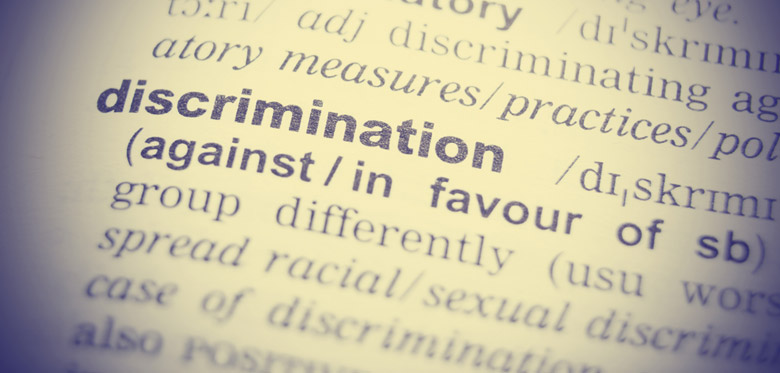On 17 May 2019, the Trades Union Congress (TUC) issued a report on sexual harassment of LGBT individuals in the workplace. The TUC reported that despite the #MeToo movement, a high number of LGBT workers have experienced and continue to experience sexual harassment and/or sexual assault in the work place.
The main findings of the report include:
- Approximately 68% of LGBT workers surveyed have reported to have experienced at least one type of sexual harassment at work
- 12% of LGBT women surveyed have reported being seriously sexually assaulted or raped at work
- Two thirds of those who were harassed did not report the incident
- One in four of those who did not report harassment, did not do so due to fear of ‘outing’ themselves at work
The report recommends that the government must enshrine stronger LGBT protection into law. It is understood that the government is planning a consultation to address these issues which could change the law as it currently stands.
The Equality Act 2010 aims to protect those with protected characteristics from discrimination. The primary types of discrimination particularly in relation to LGBT individuals are:
- An individual will have been directly discriminated against if it can be shown that they have been treated less favourably than others have been or would have been because of a protected characteristic (for example: sex, sexual orientation/gender reassignment).
- Indirect discrimination occurs when an employer/organisation applies a provision, criterion or practice (PCP) that puts an individual with said protected characteristic(s) at a disadvantage when compared to others particularly because of their sex, sexual orientation/gender reassignment.
- Harassment/sexual harassment occurs when an employee/er or organisation have engaged in unwanted conduct (of a sexual nature) which had the purpose or effect of violating an individual’s dignity or creating an intimidating, hostile, degrading, humiliating or offensive environment for them.
If you feel that you may have been subjected to discrimination, it is important to remember that there are strict time limits to bring such a claim in the County Court or the employment tribunal. It is therefore important that you seek specialist legal advice without delay following an incident of discrimination.
If you need further advice regarding discrimination, please contact our specialist discrimination team on 01616 966 229.



Comments